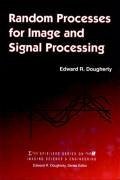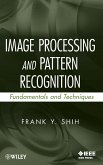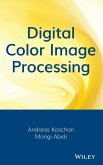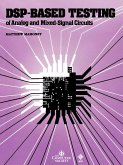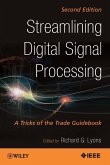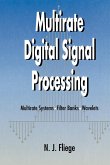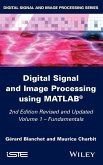Random Processes for Image and Signal Processing Edward R. Dougherty Second in the SPIE/IEEE Series on Imaging Science & Engineering Science and engineering deal with temporal, spatial, and higher-dimensional processes that vary randomly from observation to observation. Deterministic analysis does not provide a framework for understanding the ensemble of observations, nor does it provide a mechanism for predicting future events. Random processes provide the tools to bridge these gaps. Readers of this book will gain an intuitive appreciation of random functions, in addition to understanding theory and processes necessary for sophisticated applications. The initial chapter covers basic theory of probability, with special attention to multivariate distributions and functions of several random variables. Subsequent topics include the basic properties of random functions, canonical representation, transform coding, optimal filter design (linear and nonlinear), neural networks, discrete- and continuous-time Markov chains, and the theory of random closed sets. This book can be used as a one-semester course for students with a strong background in probability and statistics or as a full-year course for students who lack such preparation. The large number of imaging applications also makes it useful for graduate courses on image processing. Contents: Probability theory. Random processes. Canonical representation. Optimal filtering. Random models. Bibliography. Index.
Bitte wählen Sie Ihr Anliegen aus.
Rechnungen
Retourenschein anfordern
Bestellstatus
Storno

